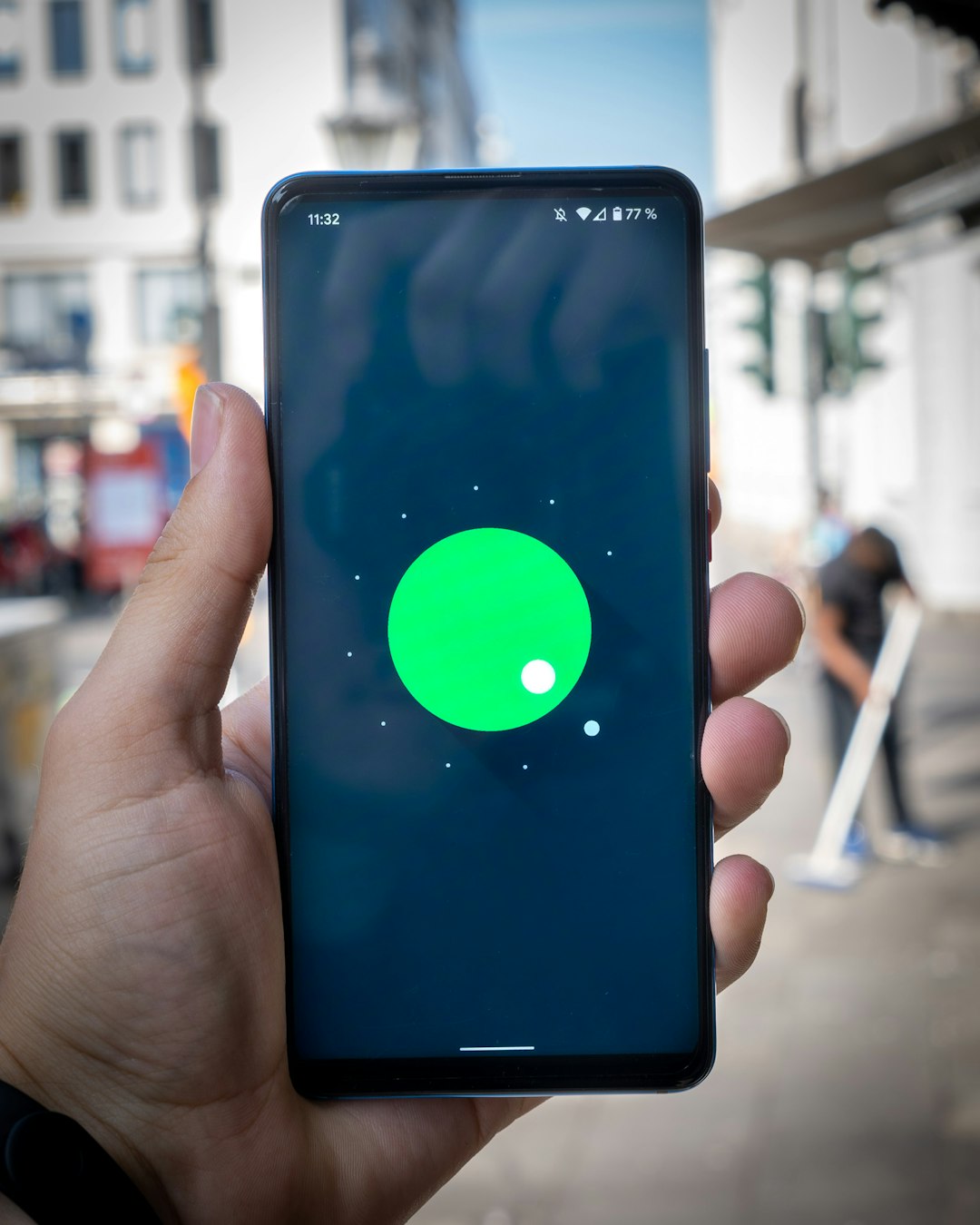In Nevada, residents can protect themselves from unwanted telemarketing calls by registering on the state's Do Not Call list. Violating these laws incurs penalties of up to $5,000 per violation, with individuals and businesses at risk. Aggrieved parties can file complaints with the Attorney General or hire a specialized lawyer for Do Not Call Laws Nevada to enforce their rights, challenge false accusations, and mitigate potential reputational damage. Early legal intervention is crucial for favorable case outcomes.
In Nevada, violating do-not-call laws can result in significant penalties, leaving individuals and businesses vulnerable to legal repercussions. This article guides you through Nevada’s do-not-call regulations, emphasizing your rights and responsibilities. We explore the consequences of ignoring the state’s registry, offering insights into when to seek legal counsel from a seasoned lawyer for Do Not Call Laws Nevada. Understanding these laws is crucial to avoiding potential fines and protecting your communication freedoms.
Understanding Nevada's Do Not Call Laws: Your Rights and Responsibilities

In Nevada, the Do Not Call laws are designed to protect residents from unwanted telemarketing calls and sales pitches. These laws give individuals the right to opt-out of receiving such calls by registering their phone numbers on the state’s official “Do Not Call” list. Understanding these rights and responsibilities is crucial for both consumers and businesses operating in Nevada.
If a caller attempts to contact you after you’ve registered your number, it could result in penalties for the violator. Consumers can file complaints with the Nevada Attorney General’s office if they receive calls in violation of the Do Not Call laws. Engaging a lawyer specializing in Nevada’s Do Not Call Laws can be beneficial for individuals who have experienced repeated or unwanted calls, as legal action may be taken against offending parties to enforce these consumer protection regulations.
Consequences of Violating the Do Not Call Registry in Nevada

Violating Nevada’s do-not-call laws can lead to significant penalties and consequences for individuals and businesses alike. If a caller ignores the registered voter’s or consumer’s request to stop contacting them, they face strict legal repercussions. Fines ranging from $100 to $5,000 per violation are common, with the amount depending on the number of calls made and the intent behind them. These fines can quickly add up for businesses found guilty of repeatedly ignoring the state’s regulations.
In addition to financial penalties, a lawyer for Do Not Call Laws Nevada can advise that companies may also face reputational damage and legal suits from aggrieved parties. Consumers have the right to take action against businesses or individuals who persistently call them after being added to the do-not-call registry. Such actions can result in additional fines and legal costs for the offender, underscoring the importance of adhering to Nevada’s consumer protection laws.
When to Hire a Lawyer for Do Not Call Law Issues in Nevada

If you’re facing penalties for violating Nevada’s Do Not Call laws, it might be time to consider hiring a lawyer. While some violations can be resolved through understanding and compliance, more complex cases often require legal expertise. A lawyer specializing in Do Not Call Laws in Nevada can help navigate the complexities of these regulations, ensuring your rights are protected. They can provide guidance on how to challenge false accusations, interpret the law as it applies to your specific situation, and represent you during any legal proceedings.
When choosing a lawyer, look for someone with experience in telecommunications law or consumer protection cases involving Do Not Call laws. This specialized knowledge will be crucial in building a strong defense. Don’t hesitate to consult with several attorneys to find the best fit for your needs and budget. Remember, early intervention from a legal professional can often make a significant difference in the outcome of your case.






